'If I’m not out overnight, I really struggle to switch off' - Ollie Pope
Elite athletes train their bodies to perfection - but when it’s time to rest, even the best can struggle.
For England’s Ollie Pope, the ability to switch off at the end of a Test match day is vital.
“If I’m not out overnight, I really struggle to switch off,” he says. “It’s that excitement for what the next day holds. I try things like cherry active gels or melatonin, but mostly it’s about having a routine to calm the mind.”
Across sports, sleep has become a non-negotiable pillar of performance. NBA star LeBron James reportedly aims for eight to 10 hours a night. F1 drivers adjust body clocks to global time zones. Marathoners nap before and after long runs.
The science of switching off
Dr. Sophie Bostock, a sleep scientist and researcher, says:
“Athletes experience hyper-arousal - adrenaline, focus, pressure - and that makes it hard to wind down.
"A consistent pre-sleep routine can reduce cortisol levels and signal the brain that it’s safe to rest.”
She suggests a wind-down window: 30 minutes of low light, gentle stretching, and no screens before bed.
Sleep coach Nick Littlehales, who has worked with Manchester United and Team Sky, adds:
“Elite sleep isn’t just hours on a clock. It’s recovery cycles.
"A five-day Test or tournament drains you mentally - so plan recovery in 90-minute cycles across 24 hours rather than chasing one perfect night’s sleep."

The modern athlete’s challenge
Sleep struggles are universal.
Travelling teams deal with jet lag, footballers face late kick-offs, and Olympic athletes battle pre-competition nerves.
For all of them, rest is no longer passive - it’s trained.
Five pro tips for better sleep
1. Set a cut-off: no caffeine within eight hours of bedtime
2. Go dim: low lighting triggers melatonin release
3. Temperature matters: 18–20°C is optimal for most people
4. Hydrate early: avoid late-night fluids that disrupt rest
5. Don’t chase perfection: missed sleep can be offset with naps or mindfulness sessions
The takeaway
Sleep is the unsung performance tool - invisible in training logs but visible in results.
Learn your rhythm, create calm, and defend your downtime as fiercely as your training.






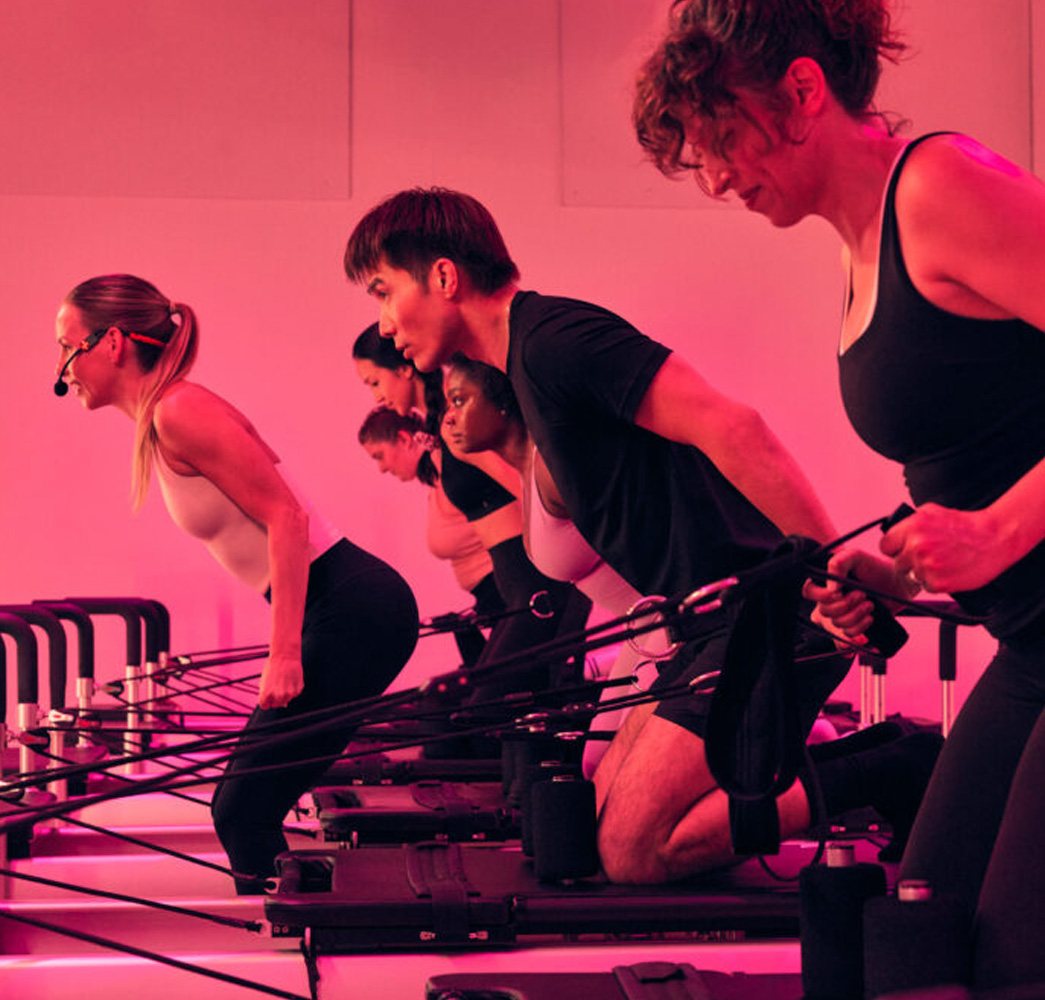
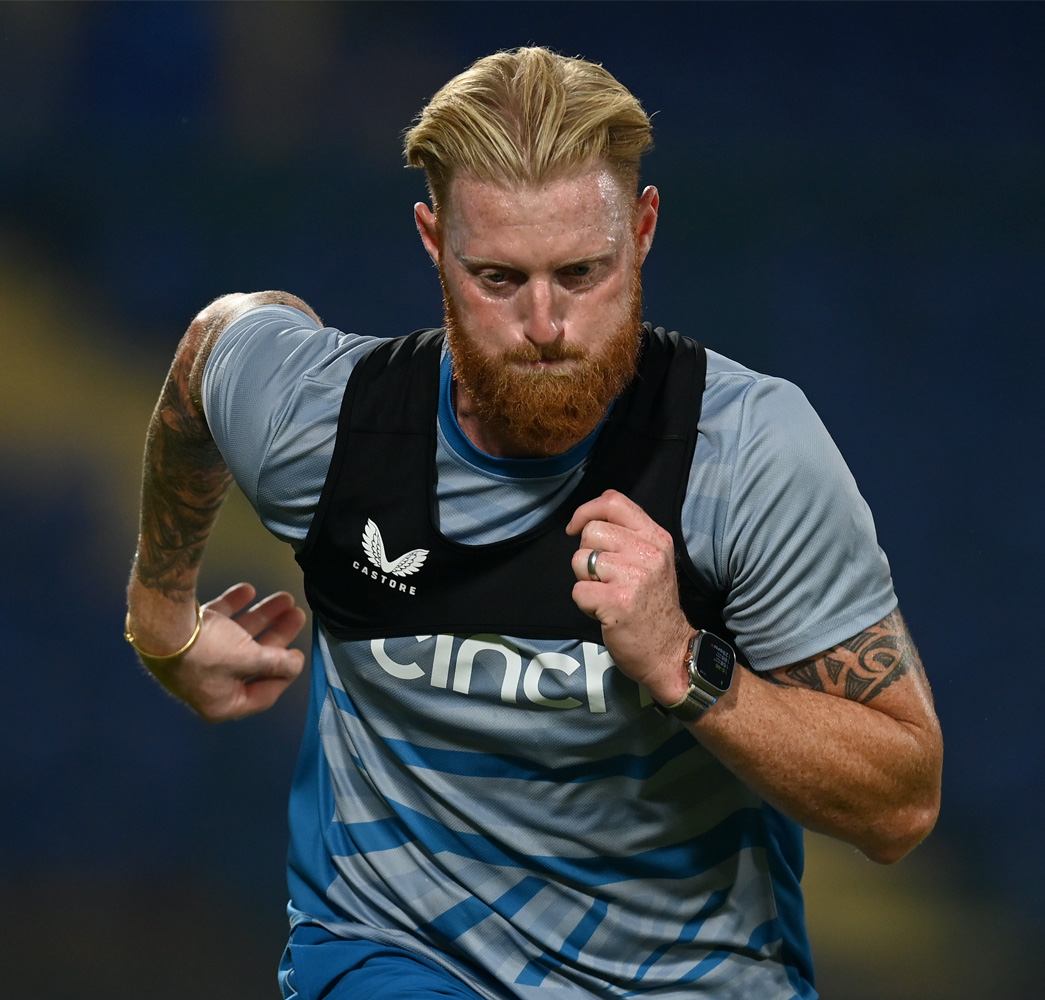
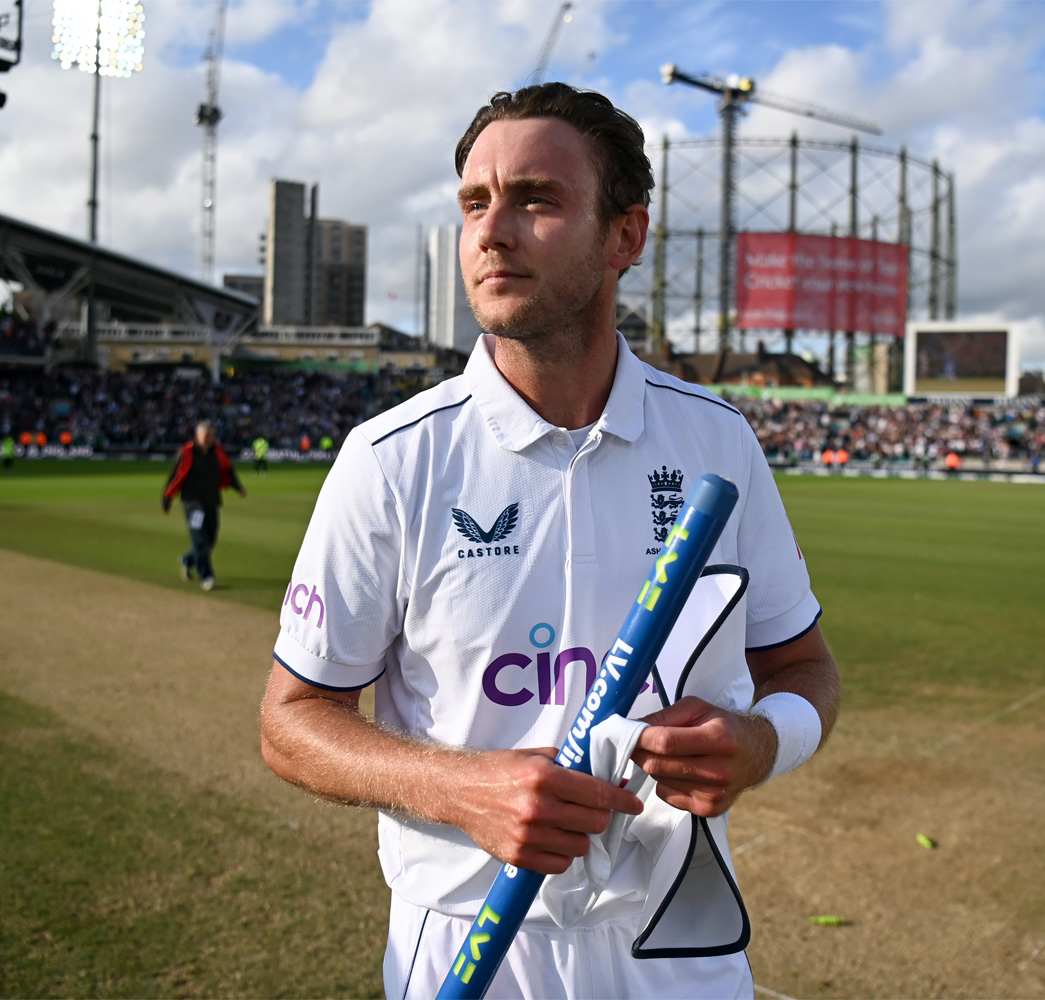
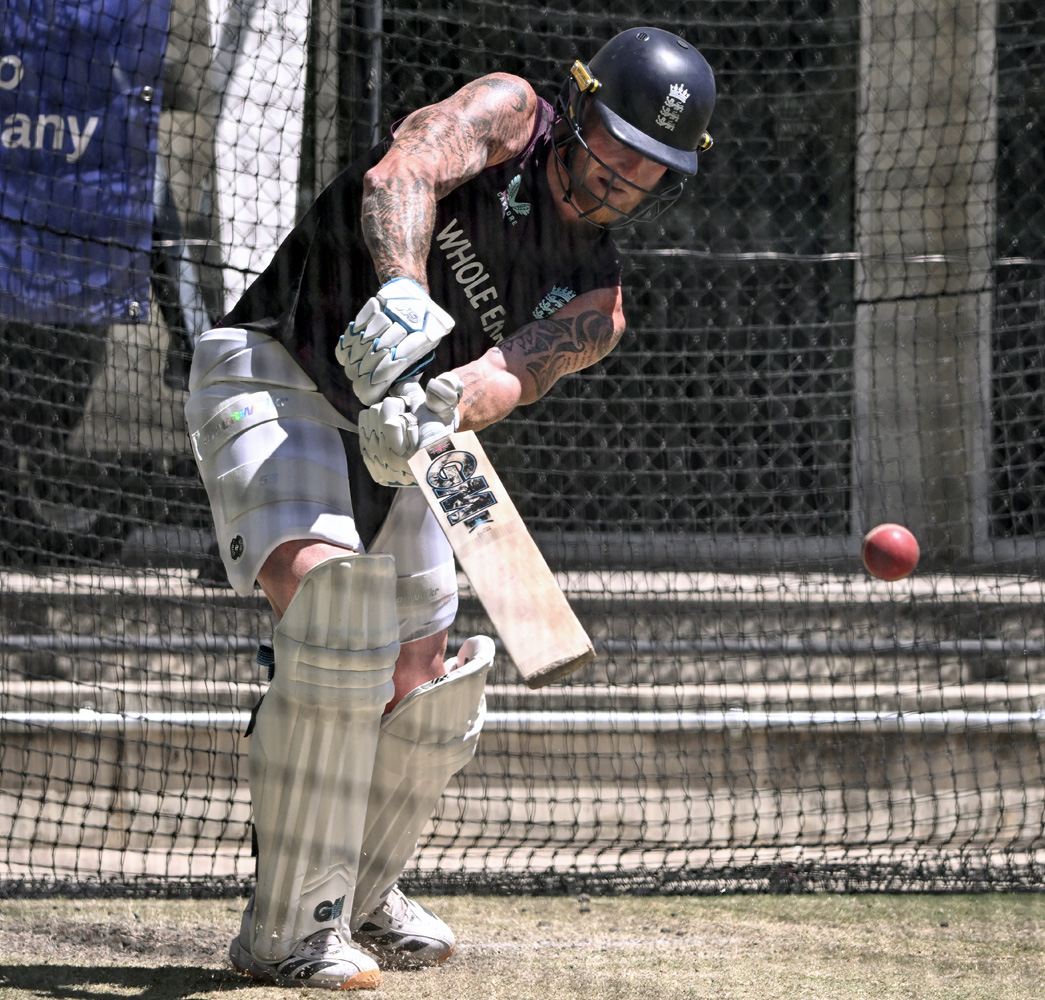
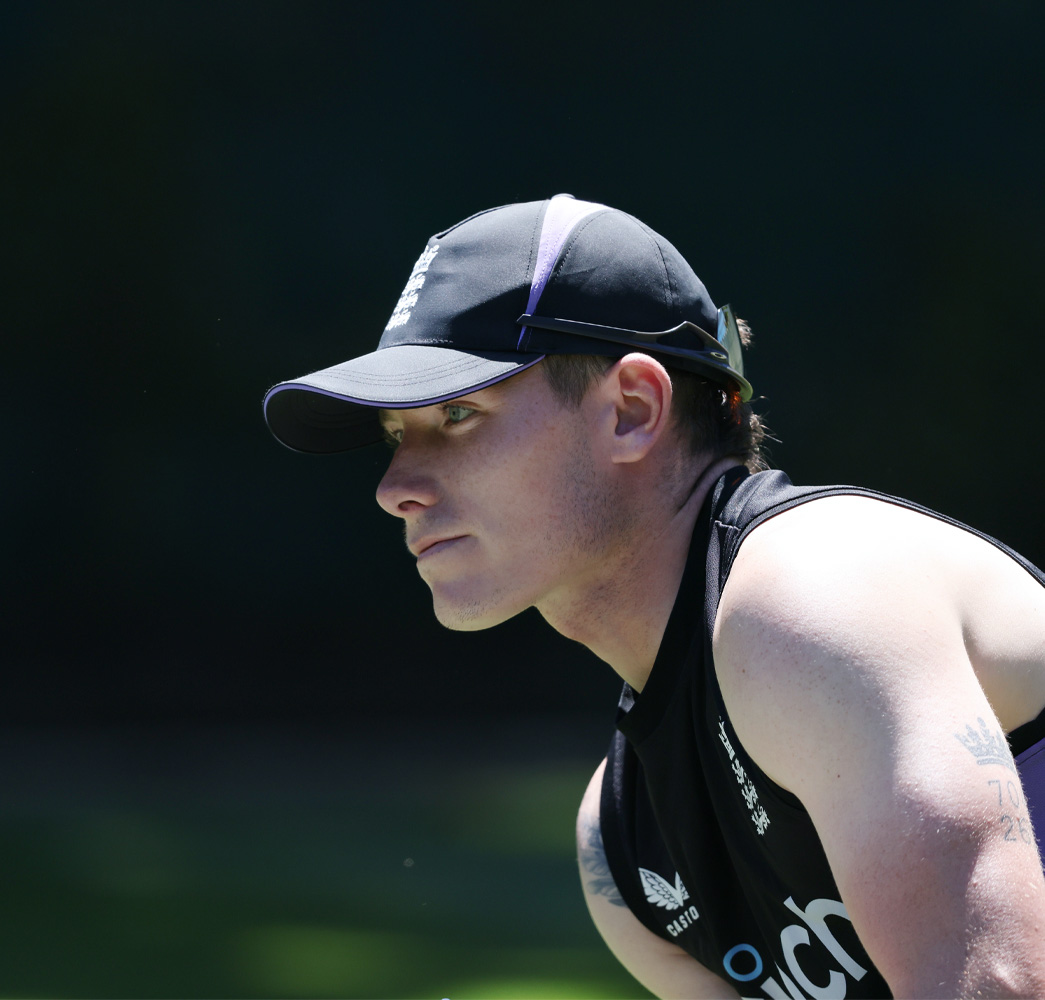

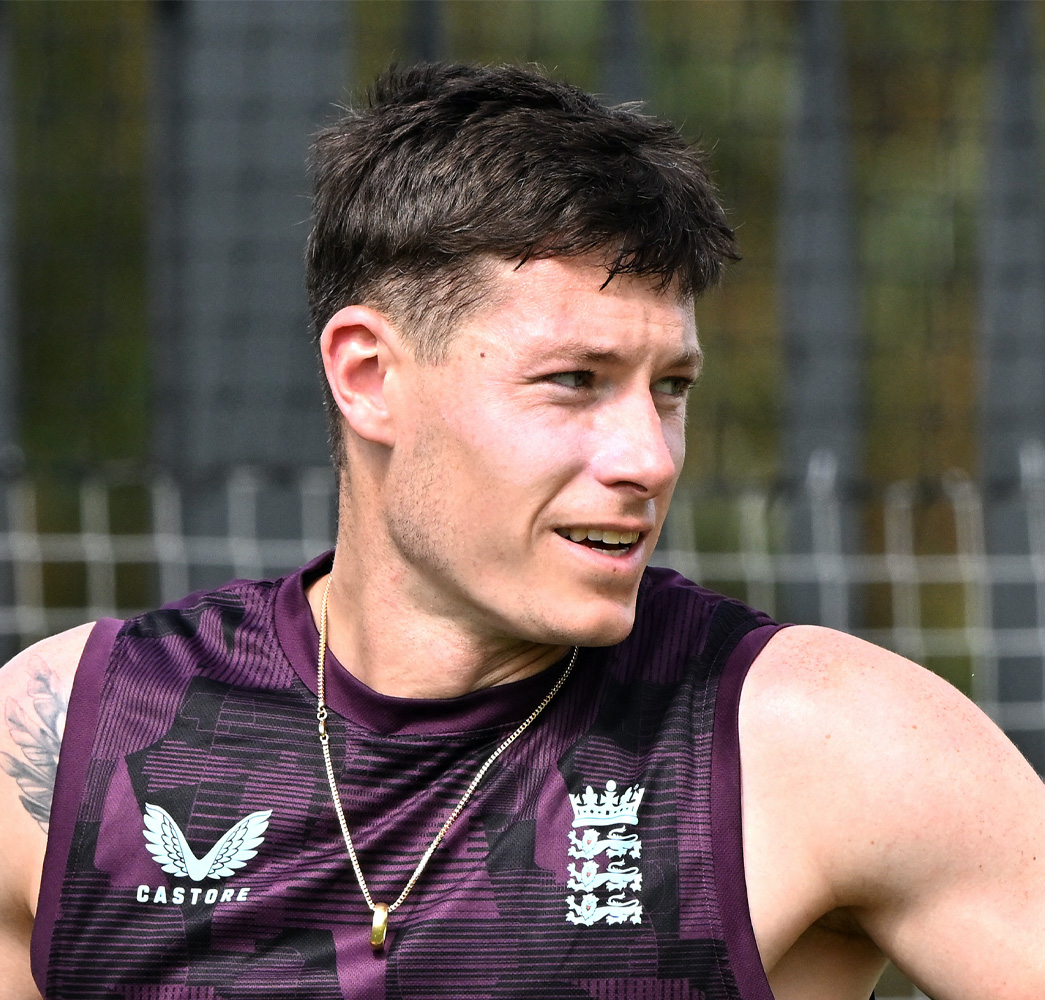
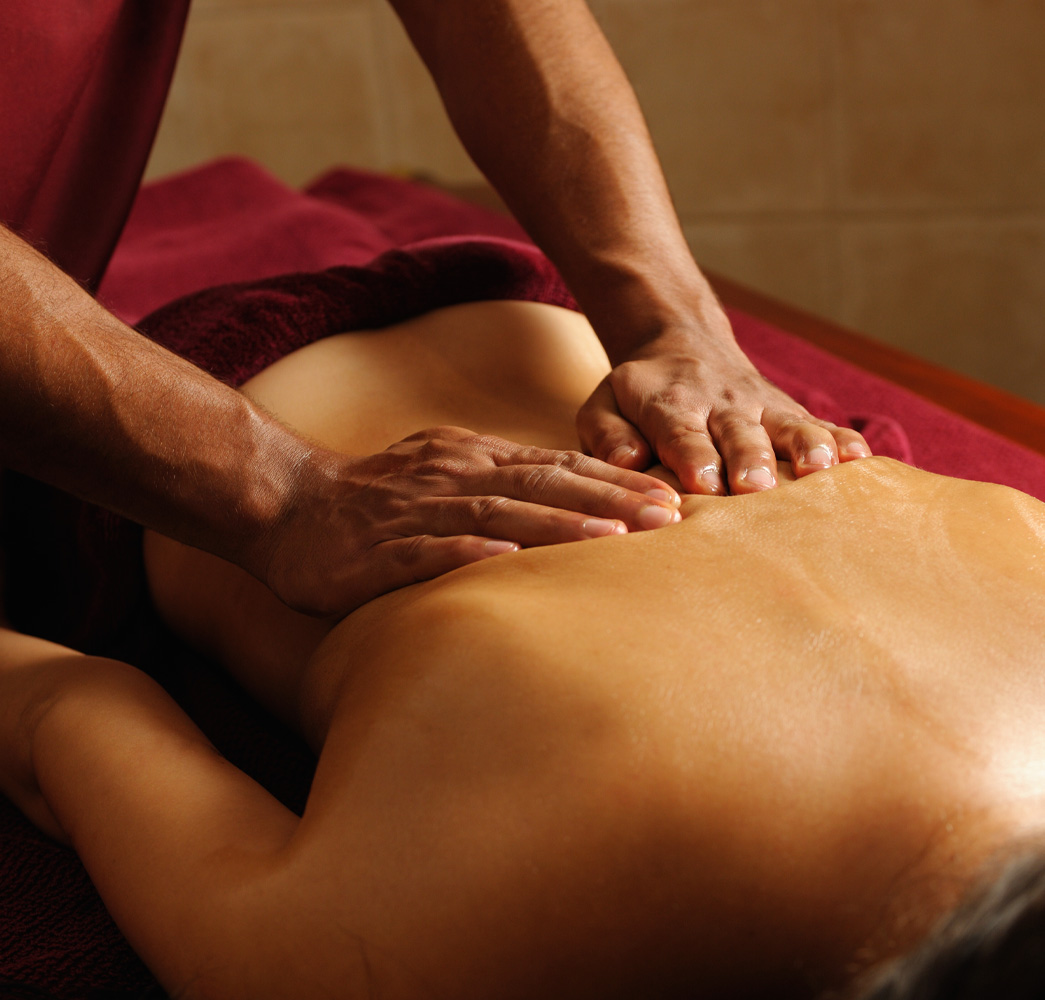
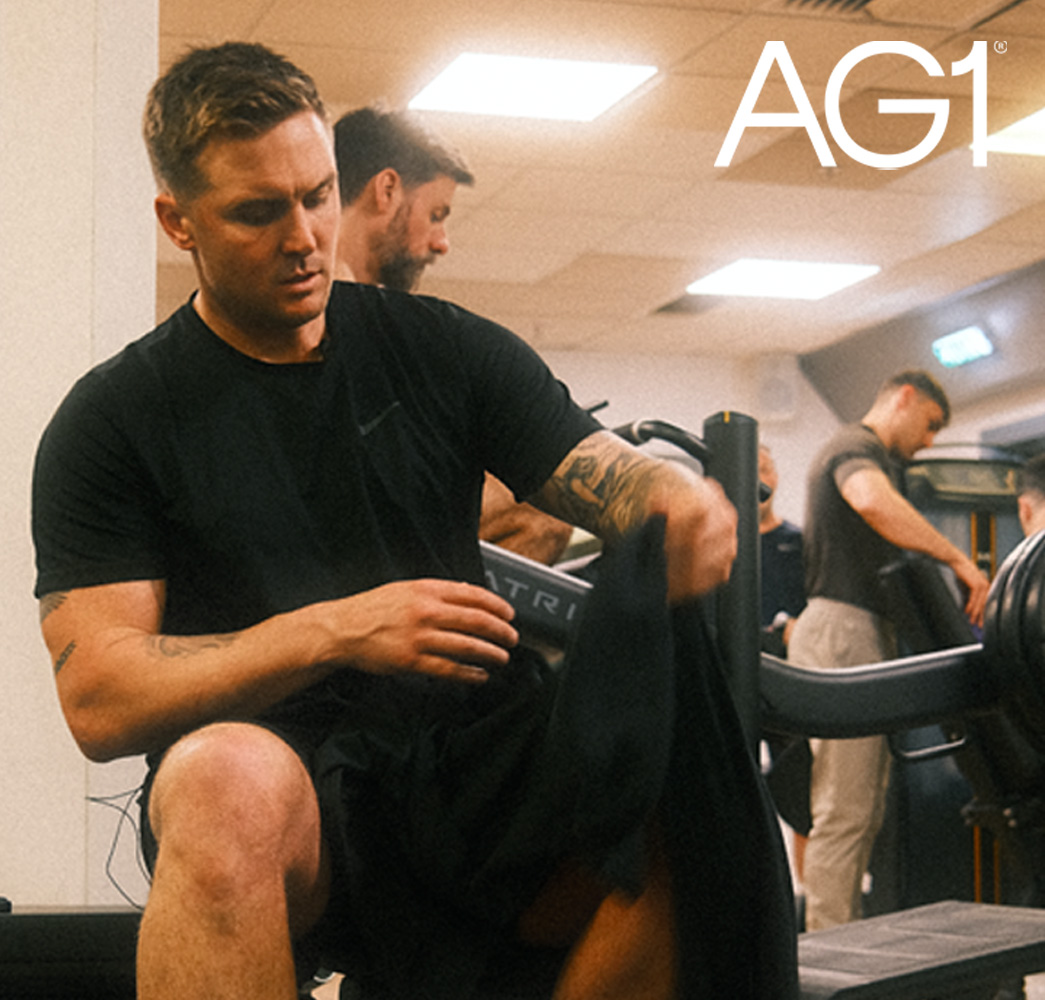
.png)







